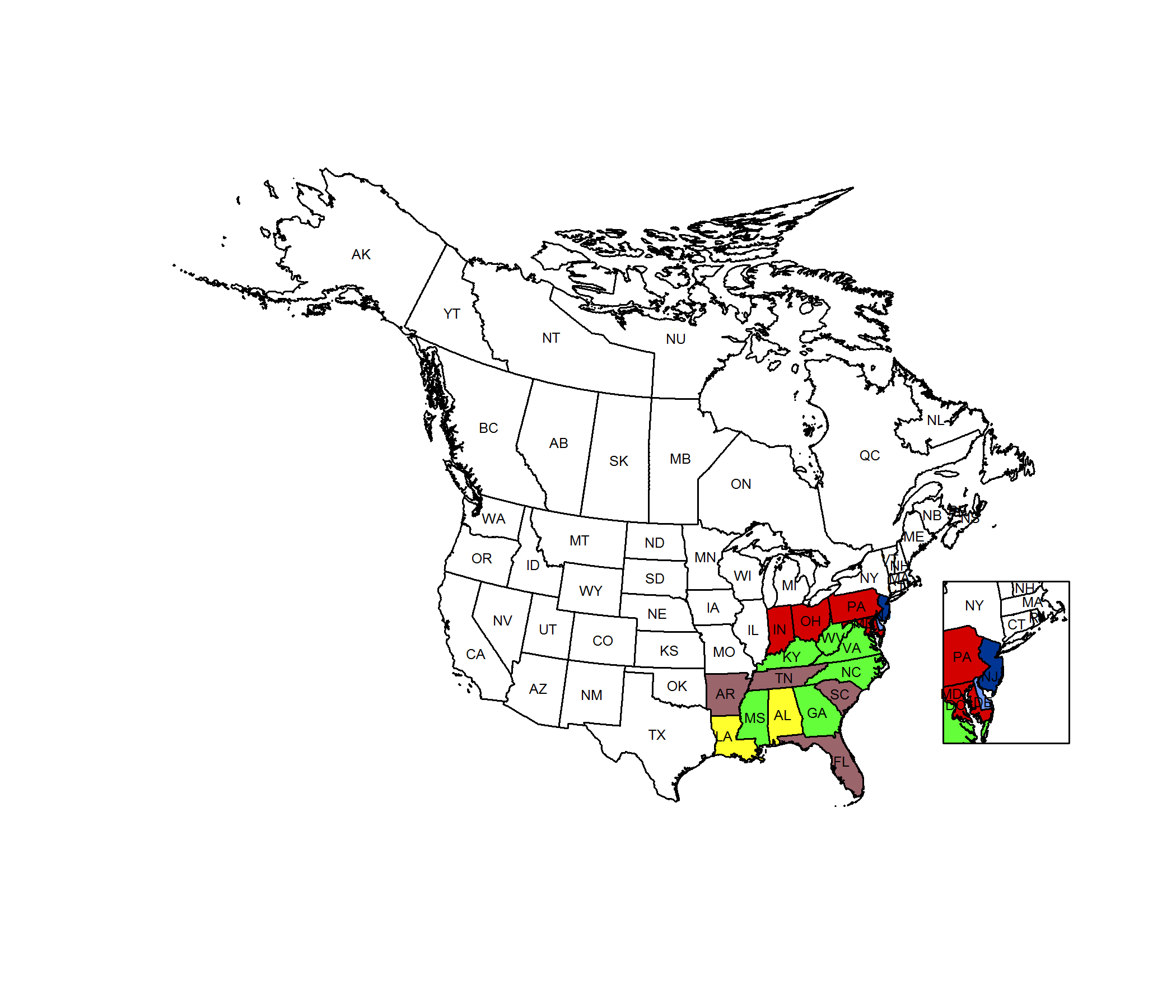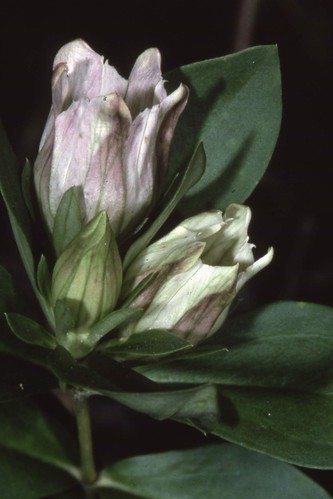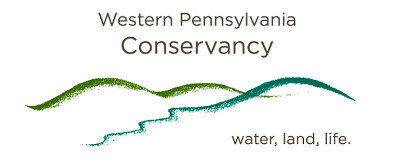 Species Factsheets
Species Factsheets
Gentiana villosa
Striped Gentian
State Status: TU
PBS Status: Pennsylvania Endangered (PE)
Federal Status:
Global Rank: G4
![]() rank interpretation
rank interpretation
State Rank: S1
Description
Striped gentian (Gentiana villosa) is a perennial herb that usually grows from 20-60cm tall. The leaves are oppositely arranged, untoothed on the margin, hairless or nearly so, elliptic to widest above the middle, and two and a half to ten centimeters long. The flowers, appearing in September and October, occur in dense clusters at the top of the stem. The petals are whitish-green (often tinged with purple), 2.5-5.5cm long, and are fused for most of their length into a sac-like structure. The fruit is a many-seeded capsule.
Rank Justification
Critically imperiled in the nation or state because of extreme rarity (often 5 or fewer occurrences) or because of some factor(s) such as very steep declines making it especially vulnerable to extirpation from the state.
PABS
The PA Biological Survey (PABS) considers striped gentian to be a species of special concern, based on the very few occurrences that have been recently confirmed and the specialized habitat. It has a PA legal rarity status of Undetermined and has been assigned a suggested rarity status of Endangered by PABS. Fewer than five populations are currently known from the state.
Habitat
It grows in grasslands, successional openings, serpentine barrens, and dry open woods.
Survey Dates
Flowers September - October
Distribution
In Pennsylvania, it occurs at a northern border of its range, and has been documented historically mostly in the southeastern counties.

Threats
The populations of striped gentian in the state are threatened by human-related habitat loss, natural succession, invasive species, and excessive deer browsing.
Management
Given the preference of the species for open habitats, active management - such as fire, mowing, or invasive species removal - is often required to maintain the proper successional stage and ecological conditions for the species to thrive.
Conservation Status Map

NatureServe. 2017. NatureServe Explorer: An online encyclopedia of life [web application]. Version 7.1. NatureServe, Arlington, Virginia. Available https://explorer.natureserve.org.
- NatureServe. 2018. NatureServe Explorer: An online encyclopedia of life [web application]. Version 7.1. NatureServe, Arlington, Virginia. Available at https://www.natureserve.org/explorer
- Pennsylvania Natural Heritage Program. 2018.
- Rhoads, A.F. and W.M. Klein, Jr. 1993. The Vascular Flora of Pennsylvania. American Philosophical Society, Philadelphia, Pennsylvania. Rhoads, A.F. and T.A. Block.
- 2007. The Plants of Pennsylvania: An Illustrated Manual. 2nd edition. University of Pennsylvania Press, Philadelphia, Pennsylvania.







